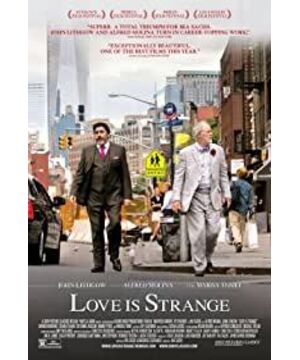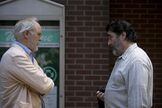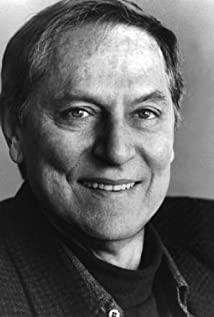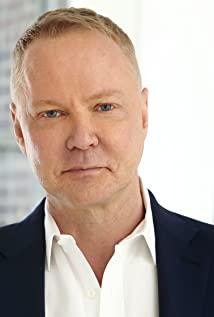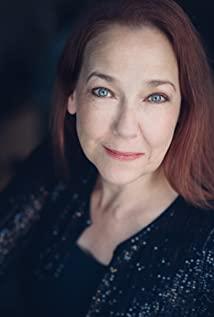From the autobiography of "Ten Years of Love" to the longing of the elderly,
the background of the story of "Ten Years of Love" is the story of the director's own experience, which is half true and half false, so it is called a semi-autobiographical story. The world of gay men is relatively incomprehensible, especially when it comes to relationship specificity. There are a lot of gay movies whose backgrounds are related to AIDS and cheating. It seems that this phenomenon often occurs in gay circles. "Ten Years of Love" experiences two kinds of "addictions", the boyfriend's drug addiction and the love addiction. The magic of love has changed from being inseparable to experiencing hurt. Generally gay movies mainly focus on young people, history and middle-aged people coming out, how society accepts or not, family problems, sex and love. Gay movies are inseparable from existing models and themes. The more novel ones are like "The Kids are alright" (2010), or transgender themes. In fact, the space for the expression of gay films also spans the times, and relatively elderly gays are a group that is ignored.
As the name suggests, "Displaced Love" refers to the difficulties faced by elderly comrades. Last year, the US Constitution allowed gay couples to register for marriage, but the lives of elderly comrades are as problematic as ordinary people. On the one hand, it is how to explain to family members and children. Comrades in the old society marry the opposite sex because of social values. Only after marriage do you know who you love the most. Others are old and lonely and still single. Ben and George in the film are already a lucky couple, registered to get married and have a home of their own. Unexpectedly, the story begins because of marriage. A pair of comrades who have been together for 39 years cannot afford a building because one of them lost his job. The two have to live in the homes of other relatives and friends. The elderly lose their house only when they are old, and the originally beautiful space for getting along is suddenly disillusioned.
Young people can still be called "comeback" and move to other cities to find opportunities, but for the elderly, the future is a luxury, and the income is not as good as before. Although there is a marriage system in society, the overall social security cannot be promised all at once. Of course, the wish for the elderly is to keep watch by each other's side, but reality does not allow it.
When the "old" becomes a burdened
old man after selling the building, he lives in the house of relatives and friends. One moves to live with his nephew. This family is a typical family of three. The other one just moved to the house of the young people, and lived a colorful world every day, but it was out of tune with the living environment. It has resulted in the friction that is necessary to get along with others, and there is too much gap between life and one's own imagination. The nephew's side is not used to the sudden addition of one person in the family. Many times it is easy to talk about tolerance and acceptance, but it will be a problem in the long run. When it's simple, the chat and the content of the chat will be annoying. The so-called family members do not really understand the needs of the elderly, and the elderly may not be concerned about it. In this family, the nephew's son brought a friend home, and the two had suspicions about "base", which attracted the attention of their parents. This is also the fallacy of many people about comrades. They are more or less wary, wise and affectionate. At first, the children did not understand the inner world of Uncle "Gee", and had doubts about "Gee", but they finally solved it.
The family members of the two elders are only obliged to take care of them, but they do not have a life of "friendship" together, and it is not a moment to understand. Because they live separately, their "oldness" has become a burden to the family, and the trivial matters at home have added "trouble" in disguise.
Letting Go and Looking Forward
After being together for thirty-nine years, Lin Lao will endure separation and displacement. The movie presents seemingly trivial family affairs, dissatisfaction and obstacles in life, but it does not hinder the love of two people. At first I saw the happy life of two people, and later I saw them get together to chat, drink, and hug. Asked if they have done anything to hurt each other over the years, "yes" is no longer important. Thousands of words can't explain the relationship that two people have built up over the years, and the hurt has gradually become a reality. The old man no longer has to quarrel until he finds an answer like he did in youth. Love is still there, but it has turned into wine.
At the end of the movie, it is a real parting. Facing the issue of life and death, I chose to leave it blank. Everything is gone, see the relics of the wife. Learn to give up, learn to face, no need for sensationalism, no need to cry and scold, let go lightly. This "Displaced Love" is more relieved than the painful love of the director's previous work "Tears for You". The old people keep their love in their hearts. Fortunately, what they have encountered has been better than ours. People are happier. Compared with the United States, there is a better system of equal rights, and they have the right to inherit property. Their marriage was blessed by their family. In Chinese society, there is not much discussion and concern for the elderly comrades at all. The older comrades will say that when they are old, they need to build a Rainbow Nursing Home. I don’t know what will happen when our generation is old. Now gay movies in Europe and America are also beginning to appear "old gay movies", such as "Beginners" (2010) and Robin Williams' "Boulevard". Perhaps we can learn from these movies. Let's take a look at the coming out and thoughts of older comrades. At the same time, I also hope that Asia will take care of this group of neglected communities.
Text/Dorothy
View more about Love Is Strange reviews


